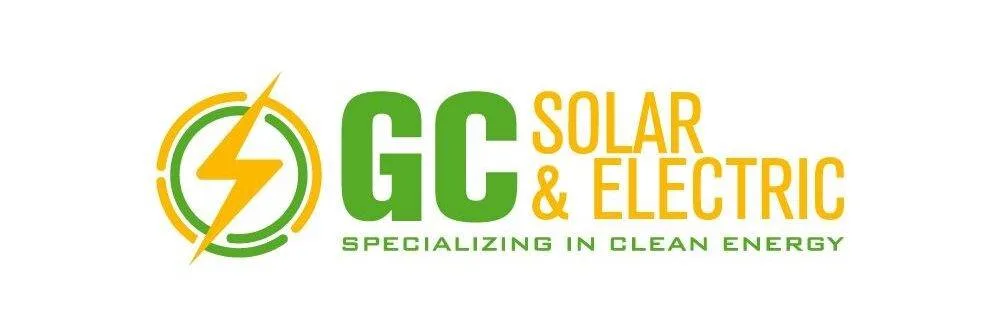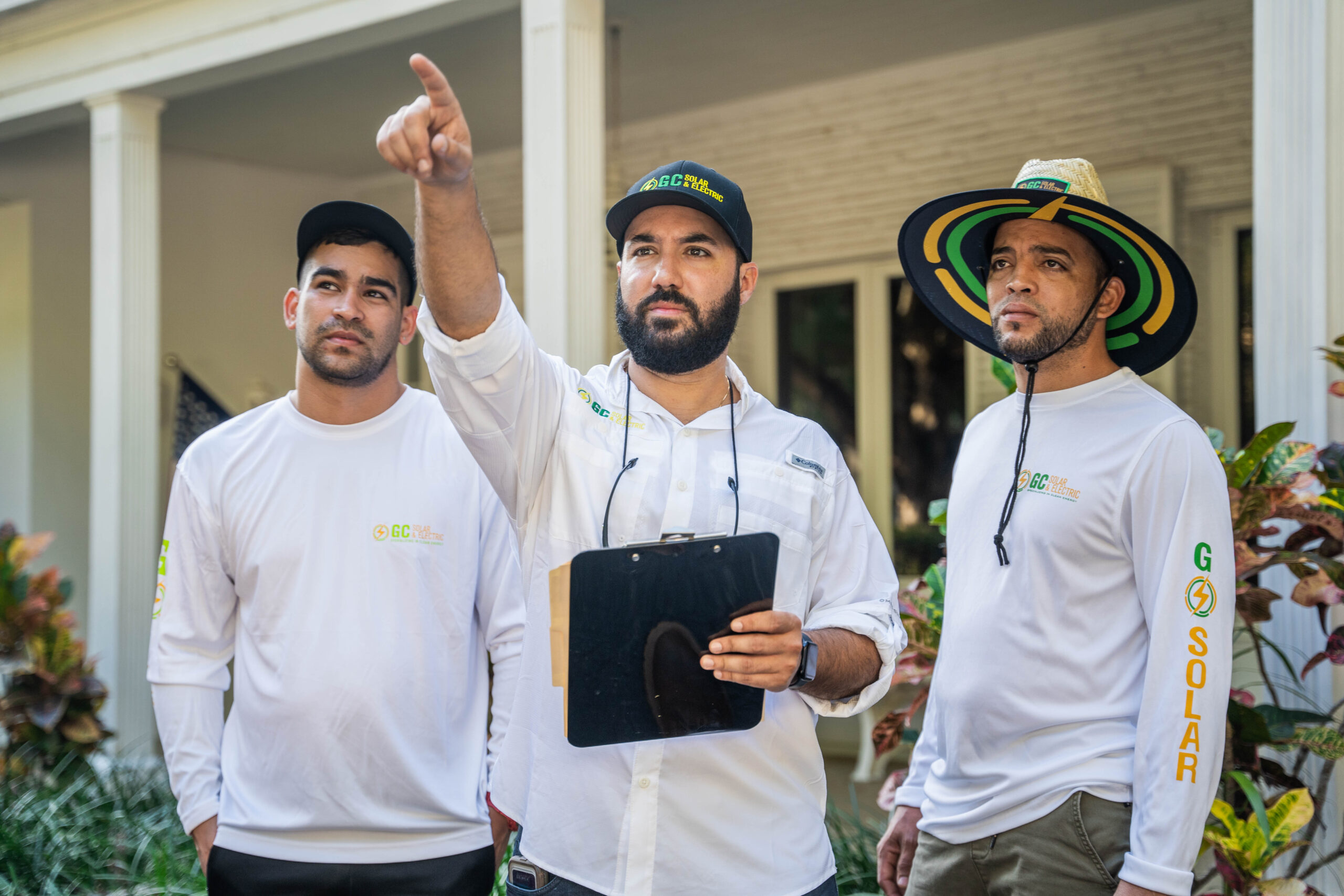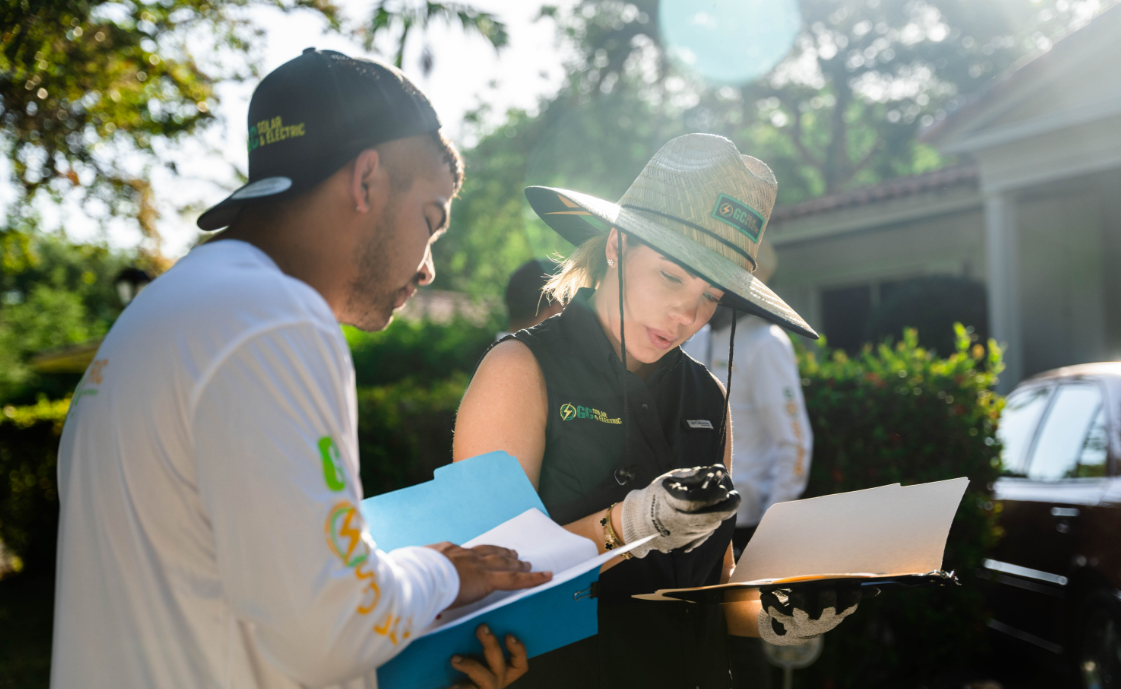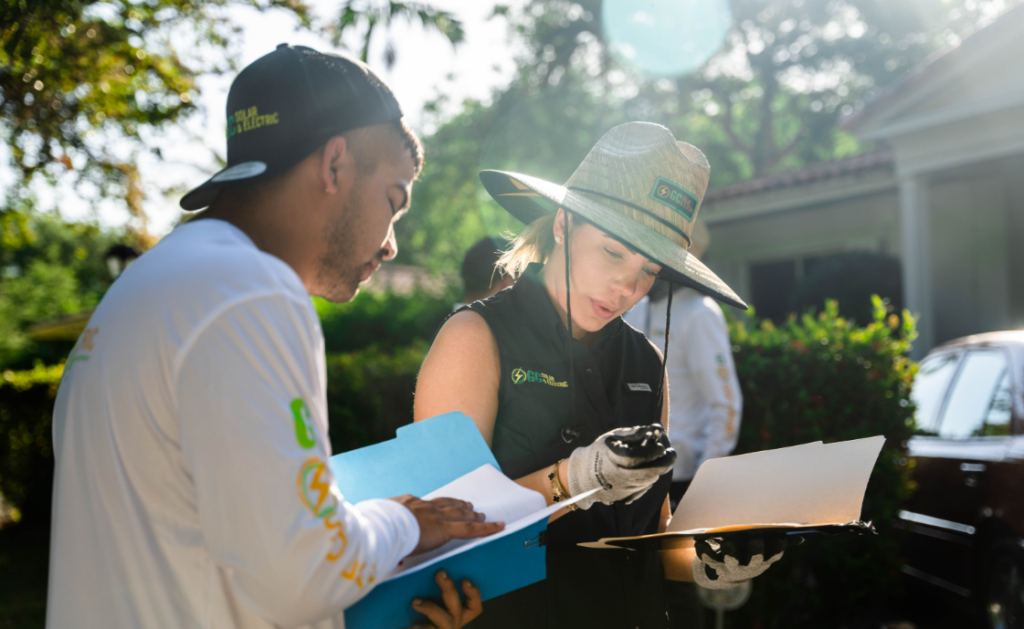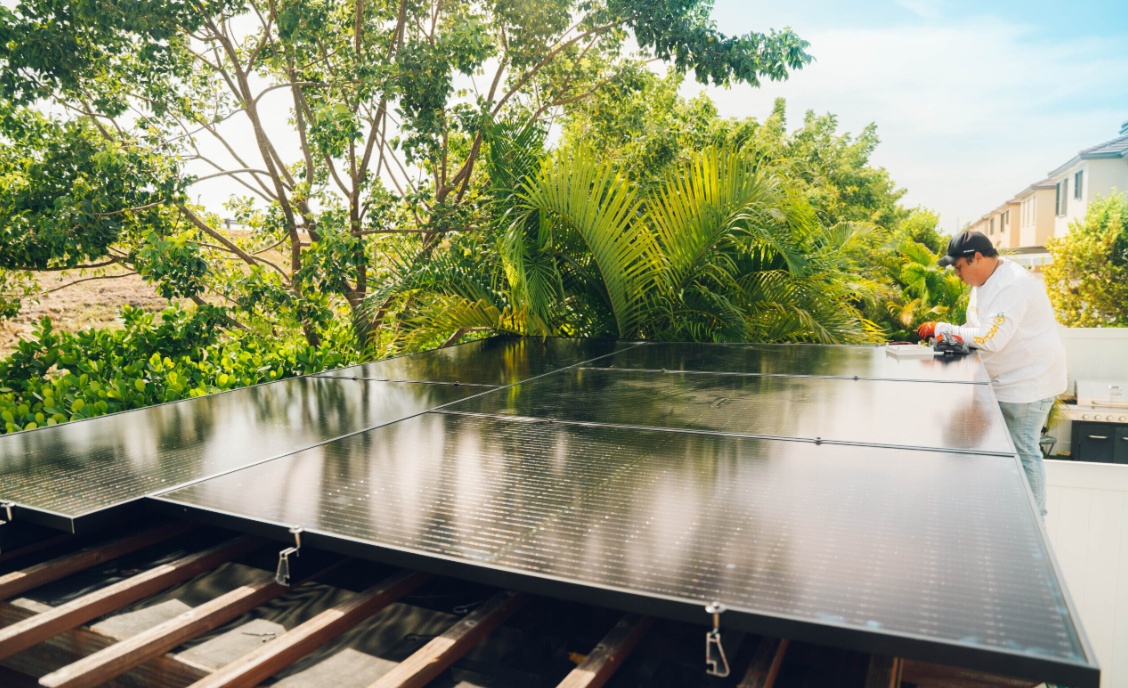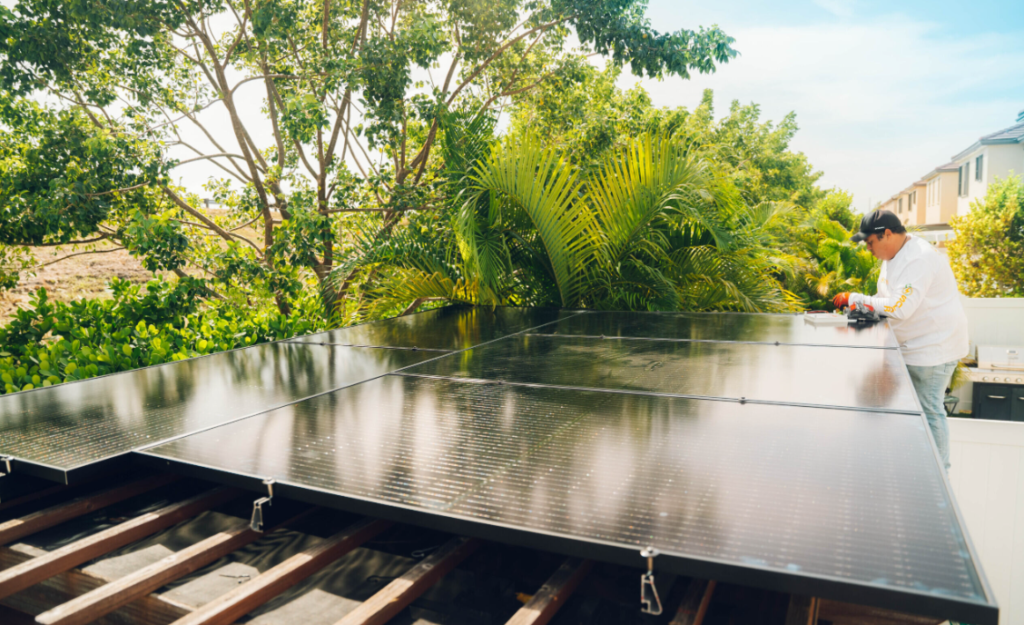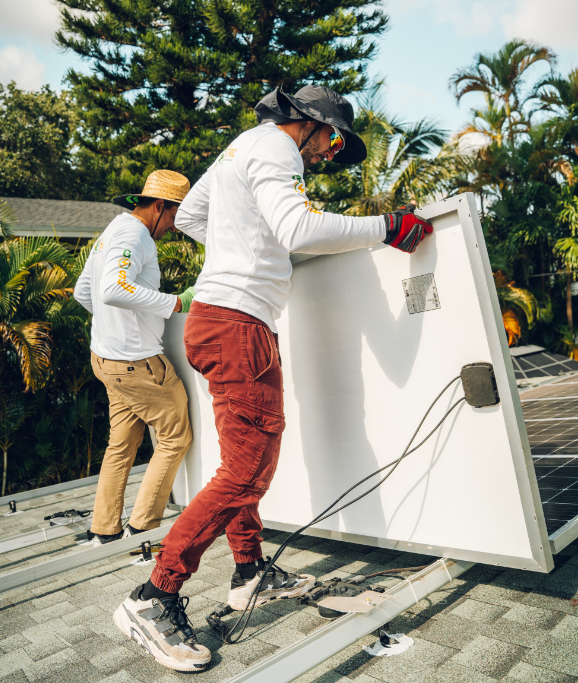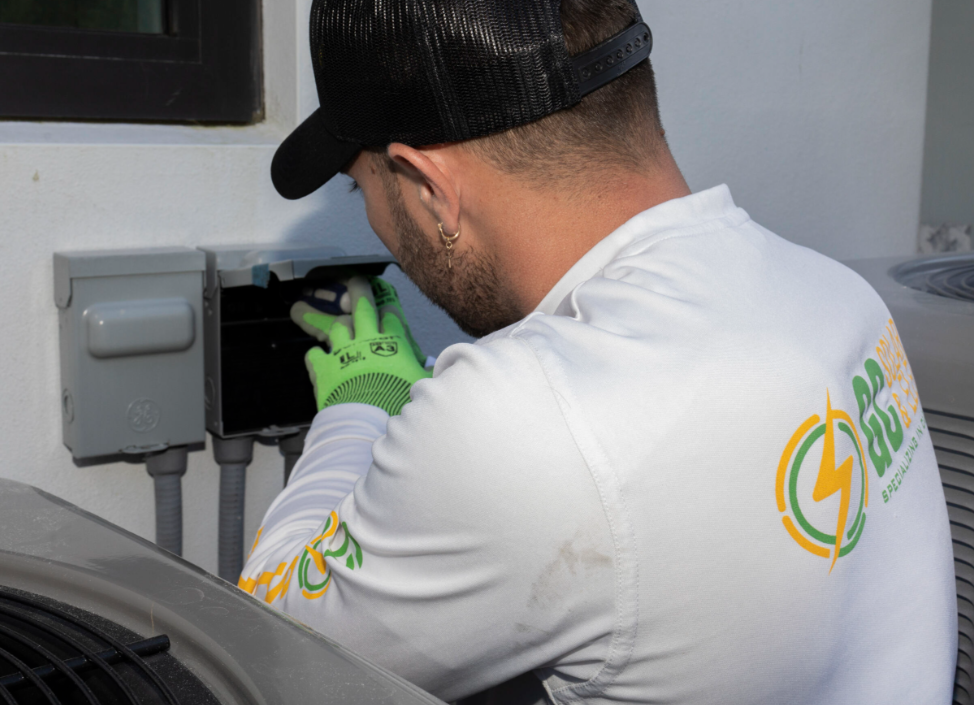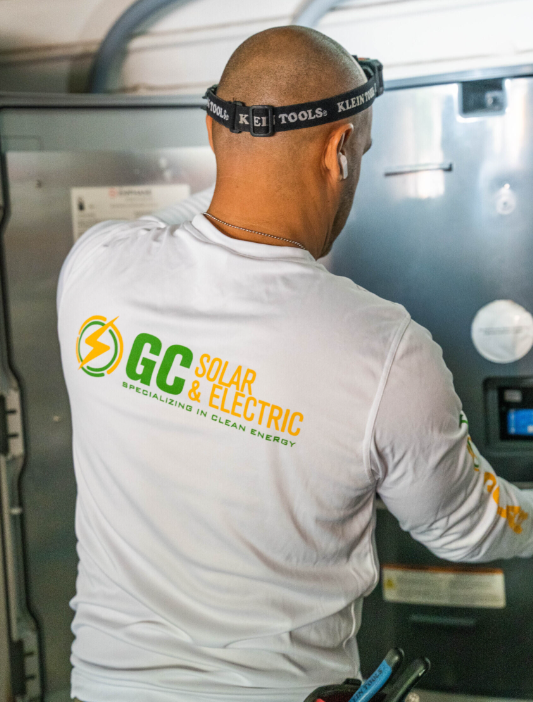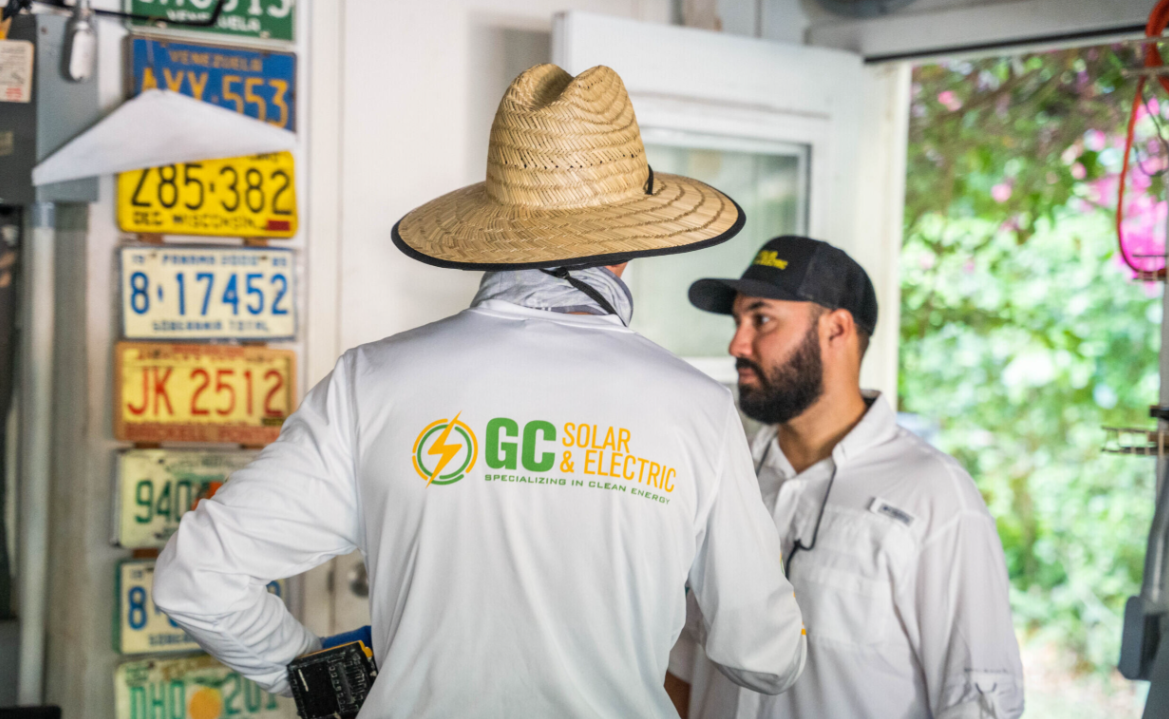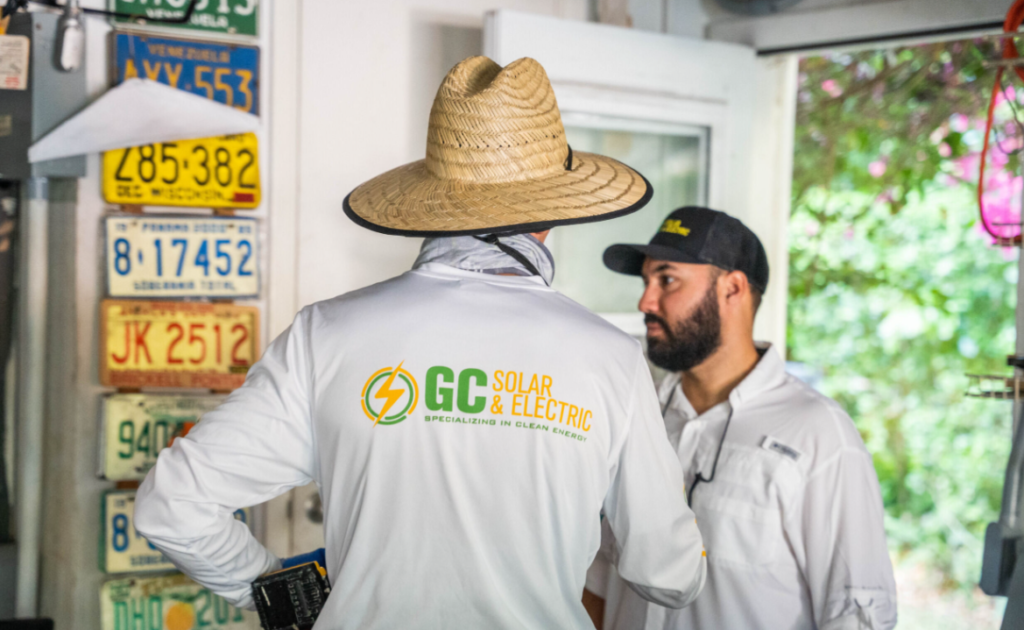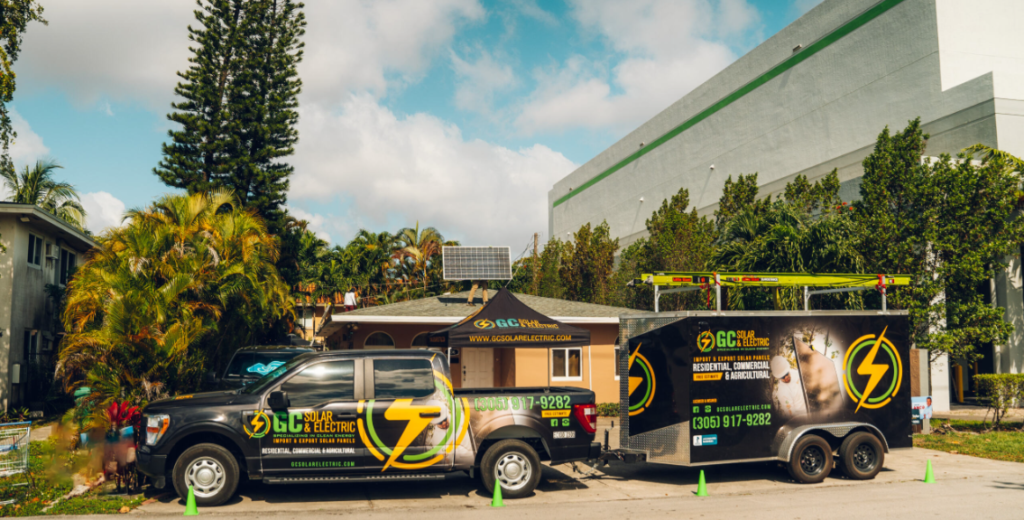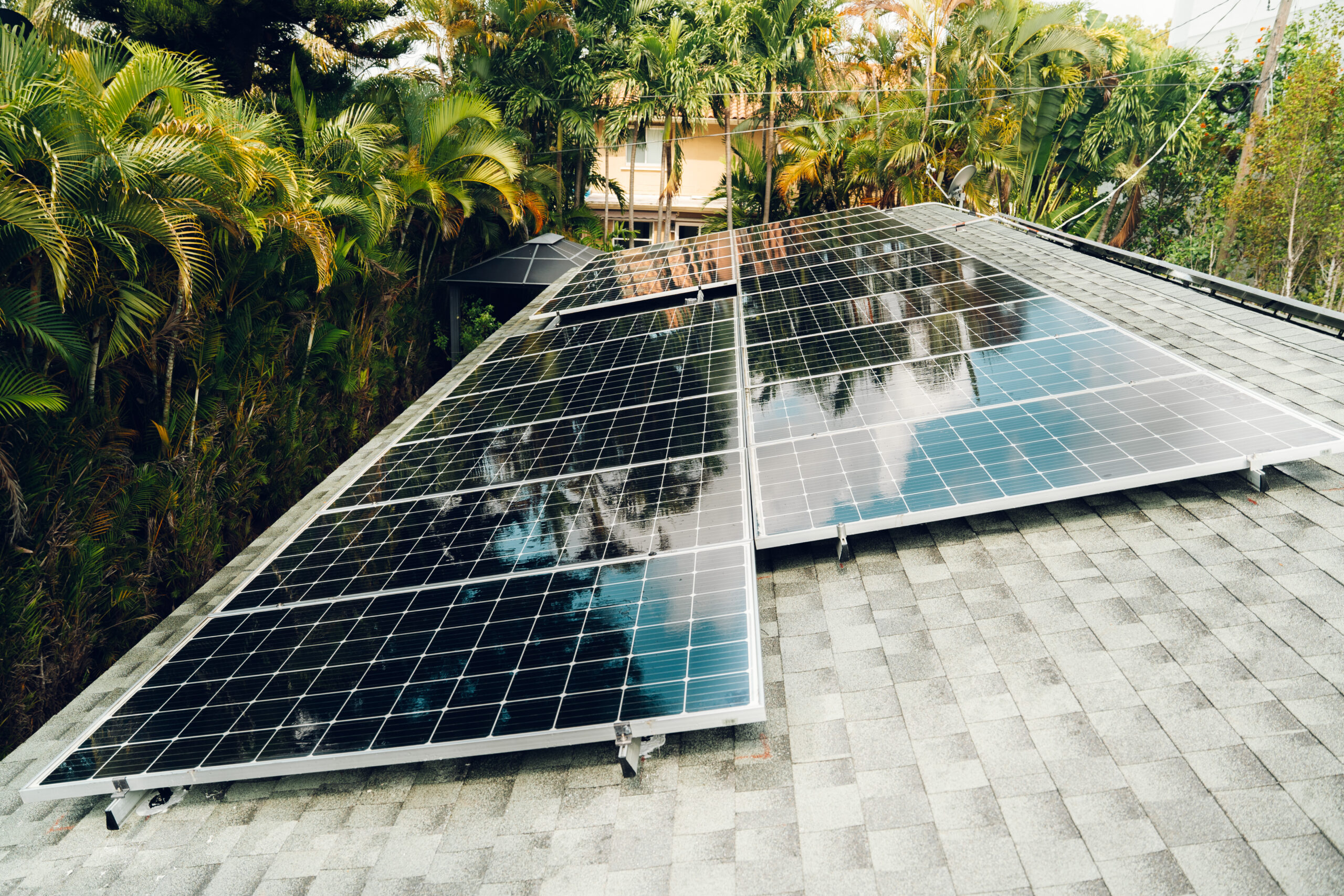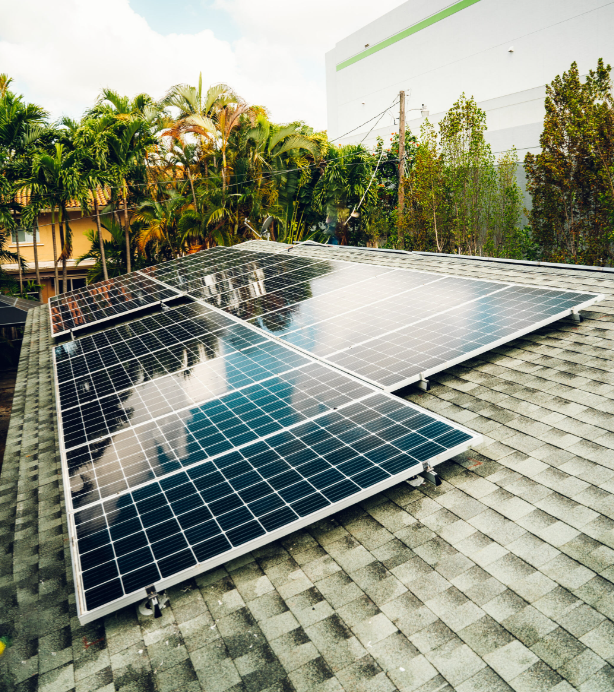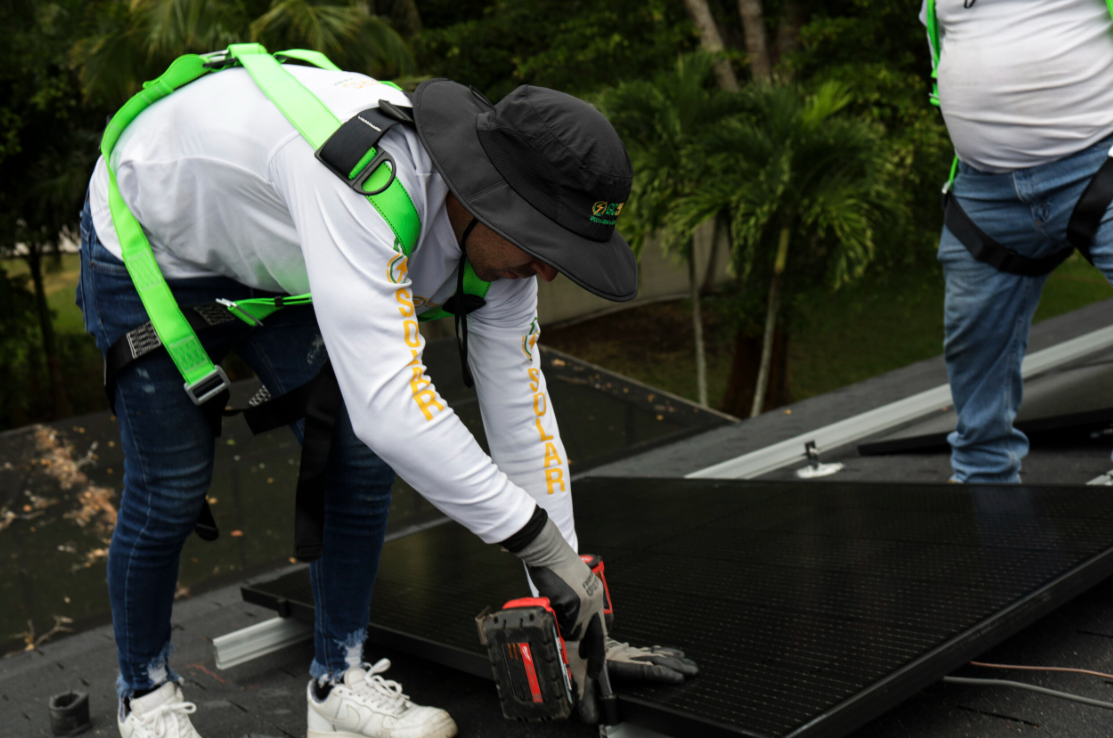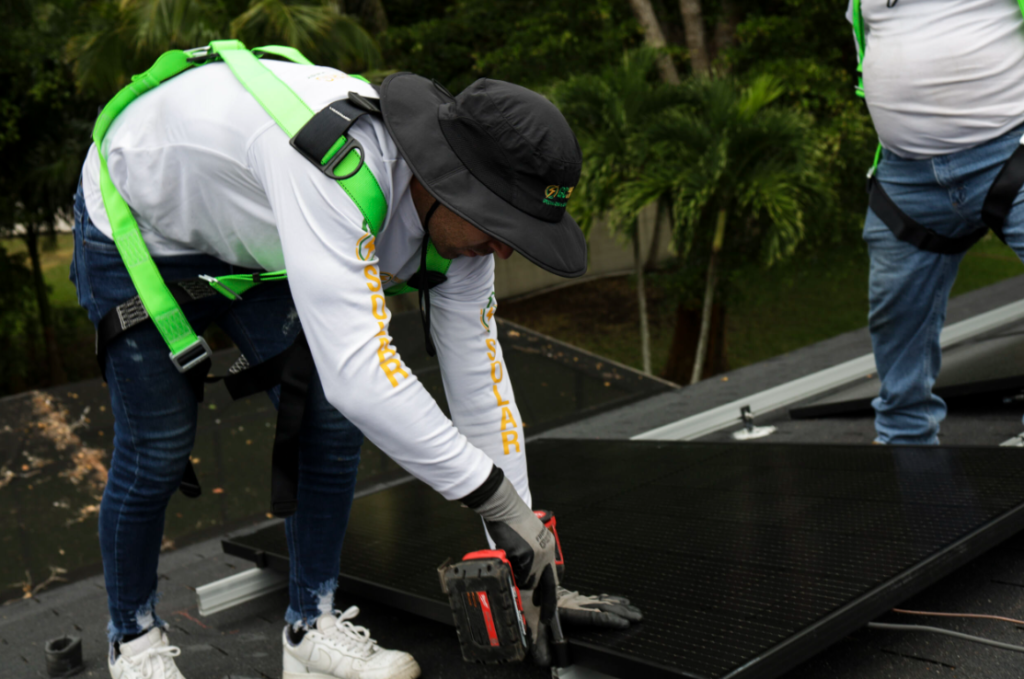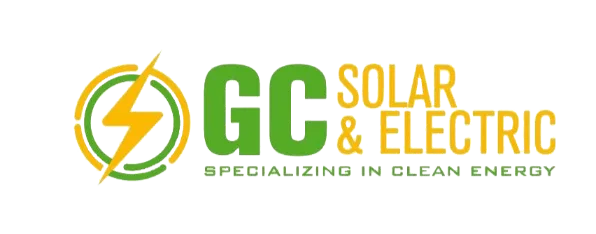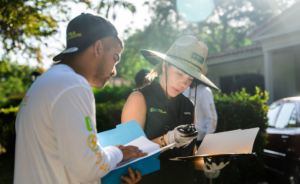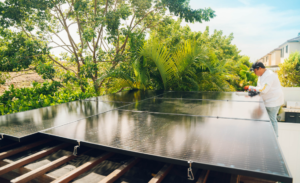Green Goals for 2025: Why Solar Energy Is a Smart Choice
As we step into 2025, it’s the perfect time to align your personal resolutions with sustainable practices that benefit the planet. One of the most impactful ways to make a difference is by switching to solar energy. Opting for solar panel installation is not only an environmentally responsible choice but also a cost-effective solution to meet your energy needs. GC Solar & Electric is here to guide you through this journey toward a greener future.
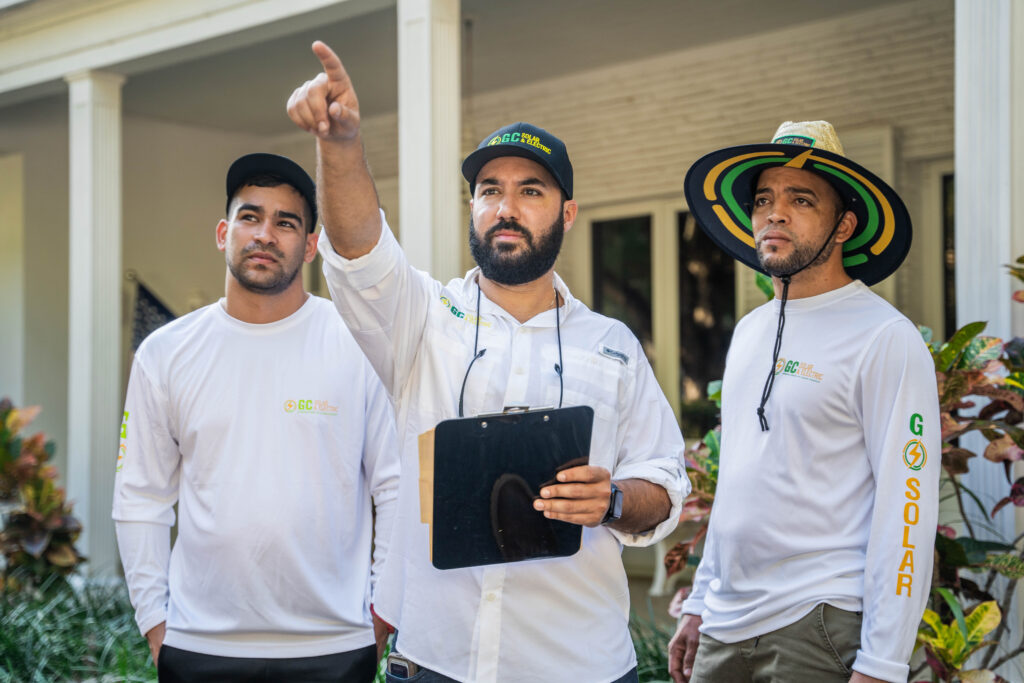
Why Solar Energy?
Switching to solar power is more than a trend—it’s a commitment to a cleaner, more sustainable world. Solar panel systems generate renewable energy that significantly reduces your carbon footprint. Whether you’re searching for a solar panel technician near your area or considering solar batteries for energy storage, the benefits of solar energy are unparalleled.
Financial and Environmental Advantages
Solar panel installation near your home offers dual benefits: lower electricity bills and a contribution to reducing greenhouse gas emissions. With companies like GC Solar & Electric specializing in solar panel for home systems, you can easily transition to a cleaner energy source. Plus, tax incentives for solar panel systems make this an even smarter financial decision.
Advanced Solar Technology
Modern solar solutions have advanced significantly, making them more efficient and accessible. For example, enphase installing technology ensures your solar panels perform optimally, even under less-than-ideal conditions. Additionally, solar batteries enable energy storage, providing uninterrupted power during outages or cloudy days. With a reliable solar panel installer like GC Solar & Electric, you’re investing in state-of-the-art technology.
Why Choose GC Solar & Electric?
GC Solar & Electric is committed to delivering high-quality solar panel miami installations that cater to both residential and commercial needs. From the initial consultation to ongoing maintenance, their team of experts ensures a smooth transition to solar energy. If you’re ready to explore your options, their website offers detailed information on available services, including enphase installing and solar batteries.
Make Solar Your 2025 Resolution
Committing to solar energy is a resolution that benefits both your household and the environment. GC Solar & Electric is ready to help you make the change seamlessly, offering tailored solutions for every customer. Don’t just dream of a sustainable future—take the steps to create one today.
FAQs
1. What are the benefits of solar panel installation near my home?
Solar panel installation reduces electricity bills, minimizes your carbon footprint, and increases property value.
2. How do solar batteries work with my solar system?
Solar batteries store excess energy generated by your solar panels, providing power during outages or at night.
3. What is enphase installing technology?
Enphase installing technology optimizes the performance of your solar panels, ensuring maximum efficiency even in shaded areas.
4. Why should I choose GC Solar & Electric for my solar needs?
GC Solar & Electric offers expert services, advanced technology, and personalized solutions for solar panel miami installations.
5. How can I find a reliable solar panel technician near me?
Visit GC Solar & Electric’s website to connect with skilled professionals ready to handle your solar installation needs.
